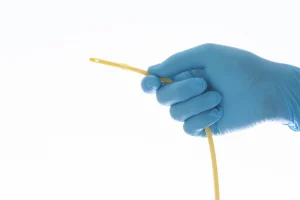Many parents agree to avoid giving additional flavour or monosodium glutamate (MSG) in children’s daily diet especially for toddlers. Packaged food high in MSG is not to be given to keep children healthy. According to many beliefs, MSG can cause brain problems, various diseases, and even cancer. Is it true?
MSG: What is It?
MSG is first found as a food additive by Kikunae Ikeda, a Japanese professor, who extracted glutamate from seaweed broth and made it an important factor of the umami flavour.
However, now MSG is not produced from seaweed anymore but from flour fermentation similar to vinegar, grape, and yogurt production. MSG is often found in canned food, chips, salad dressing, and other various products in supermarkets, restaurants, and school cafeterias. It is also often used at home in some sauces, ketchup, or instant flavouring which all contain MSG.
Is MSG Truly Bad for Us?
There are some symptoms suspected to be caused by MSG consumption such as chest pain, headache, palpitations, nausea, fatigue or commonly diagnosed as Chinese Restaurant Syndrome.
There is no study yet to determine the absolute relationship between MSG and the complaints. Researchers found that actually many individuals are sensitive to MSG and can experience such symptoms which overall are not dangerous. Therefore, the Food and Drug Association (FDA) stated that MSG is a safe food additive. MSG also has not been proven to cause certain diseases or cancer.
Although so, free MSG use in large amounts has a bad effect for health because studies are still focusing on the correlation between MSG and central nervous system disturbances, obesity, fat disorders, liver diseases, and reproductive malfunctions.
How to Limit MSG Consumption for Children?
As parents, it is still a wise choice to limit children’s MSG intake especially at home by always serving home cooked meals that can be monitored for ingredients, nutritional value, and additives. Choose MSG free snacks such as sliced fruit, veggie juice, wholemeal bread, cereal, or milkshake.
But, when eating out or shopping, it can be a challenge. If the daily intake is already low in MSG then occasional MSG in the children’s diet will not be harmful. Make sure that the children always have healthy habits and healthy food choices.



